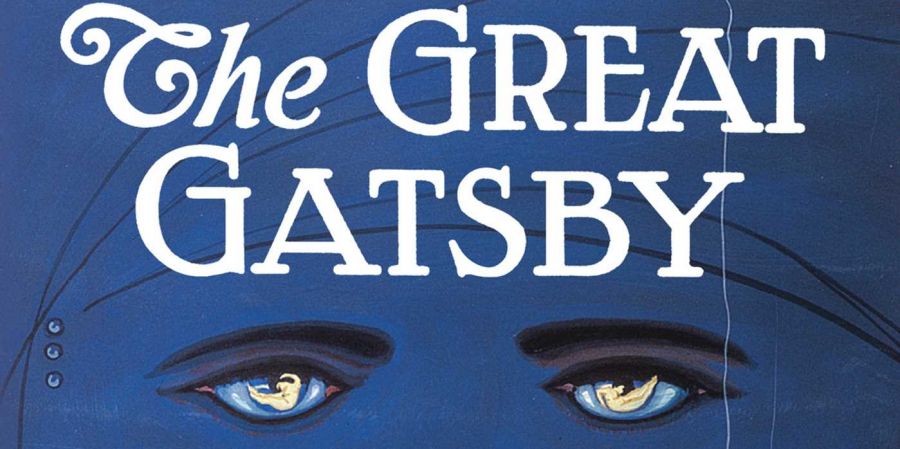

'The Incomparable Gatsby is in numerous ways like Romeo and Juliet yet it is far beyond a romantic tale'
There are numerous books which guarantee that they are the best romantic tale ever. It is just on account of this original that that assertion can be applied and be valid.
The novel is set during the thundering 20s in America, described by Scratch Carraway, a man from a wealthy family barely out of battling the conflict and hoping to sell bonds. He moves to East Egg, the somewhat less amazing region in contrast with West Egg, right inverse Gatsby's house. Gatsby is rich, uber rich, and tosses radiant gatherings each end of the week which the entire town join in. Anyway the host is never seen during these gatherings, and is never totally known by any one individual. Gatsby holds a dull mystery about his past and how he turned out to be so perfect, a profound desire that will ultimately prompt his destruction.
The Incomparable Gatsby is in numerous ways like Romeo and Juliet, yet I accept that it is far beyond a romantic tale. It is likewise a reflection on the void of an existence of relaxation. The two stories are fixated on controlling time: Juliet needs to broaden her present, as her future possibilities with Romeo are dreary and Gatsby needs to make a lovely future by reestablishing the past. This leads Gatsby to say his most renowned line "Can't change the past? Why, obviously you can." I could especially connect with this - there have been numerous minutes where I've wanted that I could return to the past and simply stay there, for it was a superior spot.
Comparatively to Romeo and Juliet, Fitzgerald's composing is practically similar to a work of verse, with influxes of scholarly brightness making a rich and lavish mood which you can nearly tap your foot to. The depictions are jarringly, wonderfully gorgeous so it nearly made my heart hurt.
Notwithstanding, not at all like in Romeo and Juliet, the characters in The Incomparable Gatsby are in themselves extremely defective and exceptionally difficult to identify with. In any case, that is the magnificence of the book. Obviously you disdain Daisy Buchanan! Obviously you can't stand Tom! You even start to marginally detest Gatsby, to whom it isn't enough for Daisy to say that she adored him, however expects her to express that she never in her long term marriage cherished her significant other Tom. Yet, Gatsby, as far as I might be concerned, stays Extraordinary right for the rest of this book.
Ironicly just the inactive rich endure this novel, and Fitzgerald through this further incenses the peruser about the savagery and the foul play of the world. The rich are permitted to keep on being indiscreet, for that is the fantasy, is it not? To carry on with a lighthearted life? However Fitzgerald features the detestations of being a reckless individual: "They crushed up things and animals and afterward withdrew once more into their cash and huge remissness." What's astounding in this line is that Tom and Daisy aren't imprudent to be noxious - that is only their tendency. Furthermore, that in itself is an extremely miserable thing. They could do without their little girl, for Myrtle, for Gatsby nor even one another. Their failure to mind makes The Incomparable Gatsby the obvious inverse to Romeo and Juliet where the darlings are forfeited and Verona is recuperated. In Fitzgerald's work of art nothing is restored by this misfortune.
Many believe The Incomparable Gatsby to be discouraging in light of the fact that, eventually, the people who dream don't accomplish their desires. Nonetheless, the fundamental message that Fitzgerald ships off us isn't that dreaming will prompt depression, yet that pursuing a contemptible dream will prompt misfortune.
